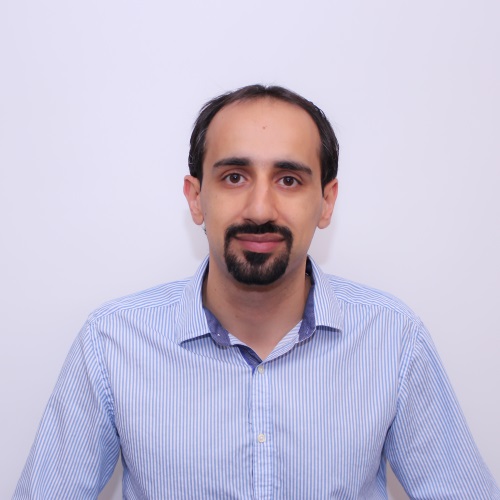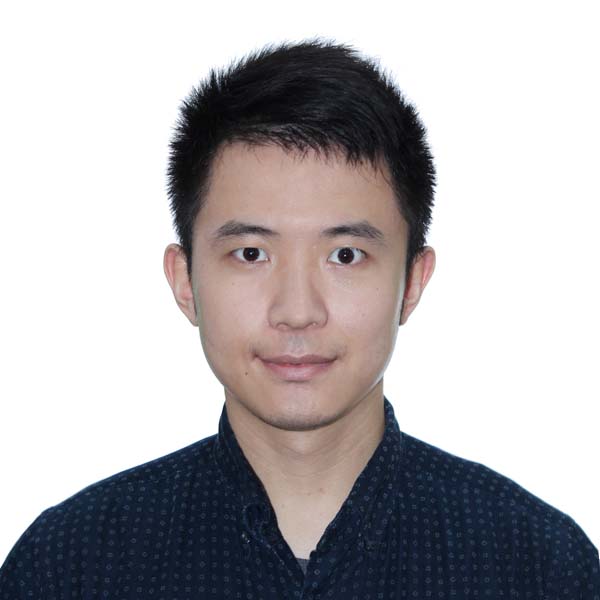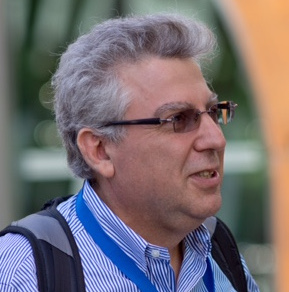JOINT KEYNOTE TALKS WITH HARDBD & ACTIVE 2023
FOUNDERS AND PIONEERS KEYNOTE TALK
From self-managed database systems to runtime-intelligent analytics
Anastasia Ailamaki, EPFL and Google, Inc.
ABSTRACT
Self-managed database systems have been successful in addressing various challenges such as database
tuning, optimization, and maintenance. However, the growth and heterogeneity of data, hardware, and
applications reveal limitations which can only be addressed using real-time adaptive query engines.
Just-in-time query execution using code generation presents a promising solution which enables
efficient processing of complex queries while minimizing overhead and maintenance costs and allowing
databases to be more dynamic, adaptive, and efficient. This talk presents an overview of approaches
to just-in-time query execution including dynamic query planning, adaptive caching, self-optimized
data pipelines, and machine learning-based techniques. We discuss the benefits and challenges of
these approaches, as well as their practical applications.
ABOUT THE SPEAKER

Anastasia Ailamaki is a Professor of Computer and Communication Sciences at the École Polytechnique
Fédérale de Lausanne (EPFL) in Switzerland, as well as the co-founder and Chair of the Board of
Directors of RAW Labs SA, a Swiss company developing systems to analyze heterogeneous big data from
multiple sources efficiently. She earned a Ph.D. in Computer Science from the University of
Wisconsin-Madison in 2000. She has received the 2019 ACM SIGMOD Edgar F. Codd Innovations Award and
the 2020 VLDB Women in Database Research Award. She is also the recipient of an ERC Consolidator
Award (2013), the Finmeccanica endowed chair from the Computer Science Department at Carnegie Mellon
(2007), a European Young Investigator Award from the European Science Foundation (2007), an Alfred
P. Sloan Research Fellowship (2005), an NSF CAREER award (2002), twelve best-paper awards in
international scientific conferences. She has received the 2018 Nemitsas Prize in Computer Science
by the President of Cyprus and the 2021 ARGO Innovation Award by the President of the Hellenic
Republic. She is an ACM fellow, an IEEE fellow, a member of the Academia Europaea, and an elected
member of the Swiss, the Belgian, the Greek, and the Cypriot National Research Councils.
Self-Managing Database Capabilities in SQL Azure
Hanuma Kodavalla, Technical Fellow, Microsoft
ABSTRACT
SQL Azure is a Database Platform as a Service offering from Microsoft that manages more than 11
million databases worldwide in all geographies. Managing at this scale requires automating many
aspects of running a database system. This talk describes how SQL Azure automatically allocates
required resources efficiently based on the workload, detects and recovers from query plan
regressions, protects from security attacks, recovers from hardware defects, finetunes the locking
mechanism based on the concurrent workload, reduces recovery time and failover impact, protects from
natural disasters like power, fire and flood, manages storage and indexes, and deploys new versions
of infrastructure and database software with minimum disruption. The talk also covers the monitoring
and the debugging facilities, some of the lessons learnt and the challenges that remain in making a
large and growing fleet of databases self-managing.
ABOUT THE SPEAKER
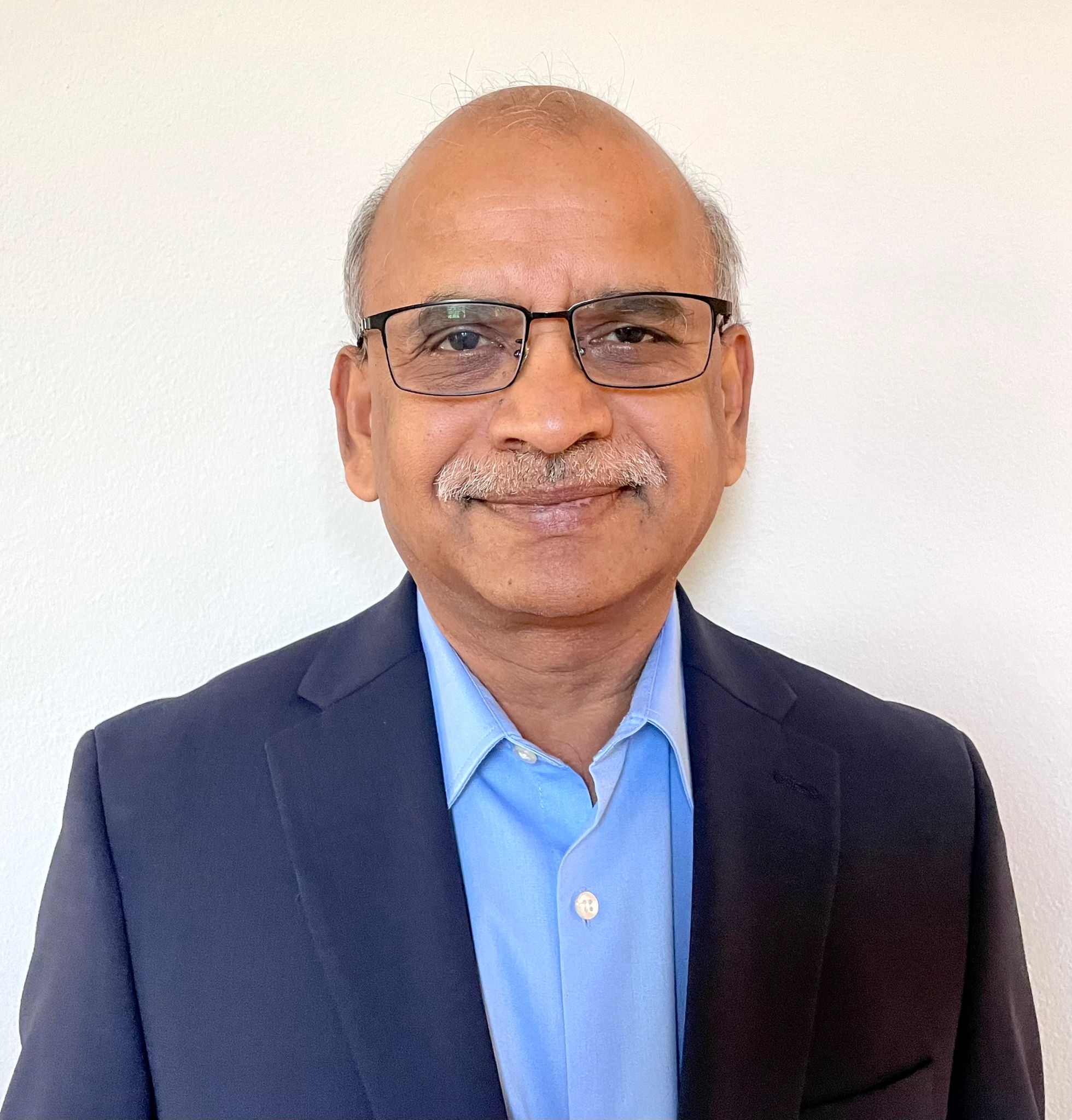
Hanuma Kodavalla is a Technical Fellow in the Azure Databases group at Microsoft where he has been
for twenty years. He previously worked at Data General, Digital Equipment Corporation, Oracle,
Sybase and Asera. For more than three decades, Hanuma worked on many aspects of Relational Database
Systems and has been instrumental in architecting multiple commercial database systems for high
performance and high availability. Hanuma received BTech in Electronics and Communications in 1981
from National Institute of Technology, Warangal, India, MTech in Computer Science in 1983 from
Indian Institute of Technology, Chennai, India, and MS in Computer Science in 1988 from University
of Massachusetts, Amherst, USA. He has a few publications in database conferences and many patents
related to novel implementation techniques for online transaction processing and data warehousing in
the areas of concurrency control, recovery, high-availability, query processing and security.
The Data Systems Grammar
Stratos Idreos, Harvard
ABSTRACT
Data systems are everywhere. A data system is a collection of data structures and algorithms working
together to achieve complex data processing tasks. For example, with data systems that utilize the
correct data structure design for the problem at hand, we can reduce the monthly bill of large-scale
data applications on the cloud by hundreds of thousands of dollars. We can accelerate data science
tasks by dramatically speeding up the computation of statistics over large amounts of data. We can
train drastically more neural networks within a given time budget, improving accuracy. However,
knowing the right data system design for any given scenario is a notoriously hard problem; there is
a massive space of possible designs, while no single design is perfect across all data, queries, and
hardware contexts. In addition, building a new system may take several years for any given (fixed)
design.
We will discuss our quest for the first principles of data system design. We will show that it is
possible to reason about this massive design space. This allows us to create a self-designing data
system that can take drastically different shapes to optimize for the workload, hardware, and
available cloud budget using a grammar for data systems. These shapes include data structure,
algorithms, and overall system designs which are discovered automatically and do not (always) exist
in the literature or industry, yet they can be more than 10x faster.
ABOUT THE SPEAKER
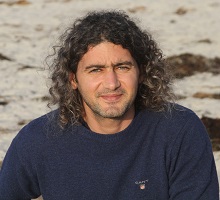
Stratos Idreos is an associate professor of Computer Science at Harvard University, where he leads
the Data Systems Laboratory. His research focuses on making it easy and even automatic to design
workload and hardware-conscious data structures and data systems with applications on relational,
NoSQL, and data science problems. For his Ph.D. thesis on adaptive indexing, Stratos was awarded the
2011 ACM SIGMOD Jim Gray Doctoral Dissertation award and the 2011 ERCIM Cor Baayen award from the
European Research Council on Informatics and Mathematics. In 2015 he was awarded the IEEE TCDE
Rising Star Award from the IEEE Technical Committee on Data Engineering for his work on adaptive
data systems, and in 2022 he received the ACM SIGMOD Test of Time award for the NoDB concept.
Stratos is also a recipient of the National Science Foundation Career award and the Department of
Energy Early Career award. Stratos was PC Chair of ACM SIGMOD 2021 and IEEE ICDE 2022, he is the
founding editor of the ACM/IMS Journal of Data Science and the chair of the ACM SoCC Steering
Committee. Finally, Stratos received the 2020 ACM SIGMOD Contributions award for his work on
reproducible research.
A Composable Era for Data Management
Pedro Pedreira, Meta
ABSTRACT
The requirement for specialization in data management systems has evolved faster than our
software development practices. After decades of organic growth, this situation has created a
siloed landscape composed of hundreds of products developed and maintained as monoliths, with
limited reuse between systems. This fragmentation has often forced us to reinvent the wheel,
impacted our end users through SQL API inconsistencies, and ultimately slowed down innovation.
In this talk, I will describe how the increasing popularity of open source projects aimed at
standardizing different layers of the stack is changing how data management systems are
developed, and outline a novel reference modular architecture. I will also discuss experiences
with Velox and on componentizing one of the largest data warehouses in the world with the Shared
Foundations effort at Meta, hoping to foster collaboration, motivate further research, and
promote a more composable future for data management.
ABOUT THE SPEAKER

Pedro Pedreira is a Software Engineer at Meta. In his 10-year tenure, he has led a series of Data
Infrastructure projects aimed at unifying and consolidating fragmented data management stacks.
Currently, Pedro leads the Velox program, which is an effort at unifying execution engines into an
open-source library, spanning more than a dozen engines within Meta and beyond. In the past, he
worked on log analytics engines (such as Scuba), and created Cubrick, an in-memory analytical DBMS.
Pedro holds a PhD, and MS in Computer Science from the Federal University of Parana, in Brazil.



